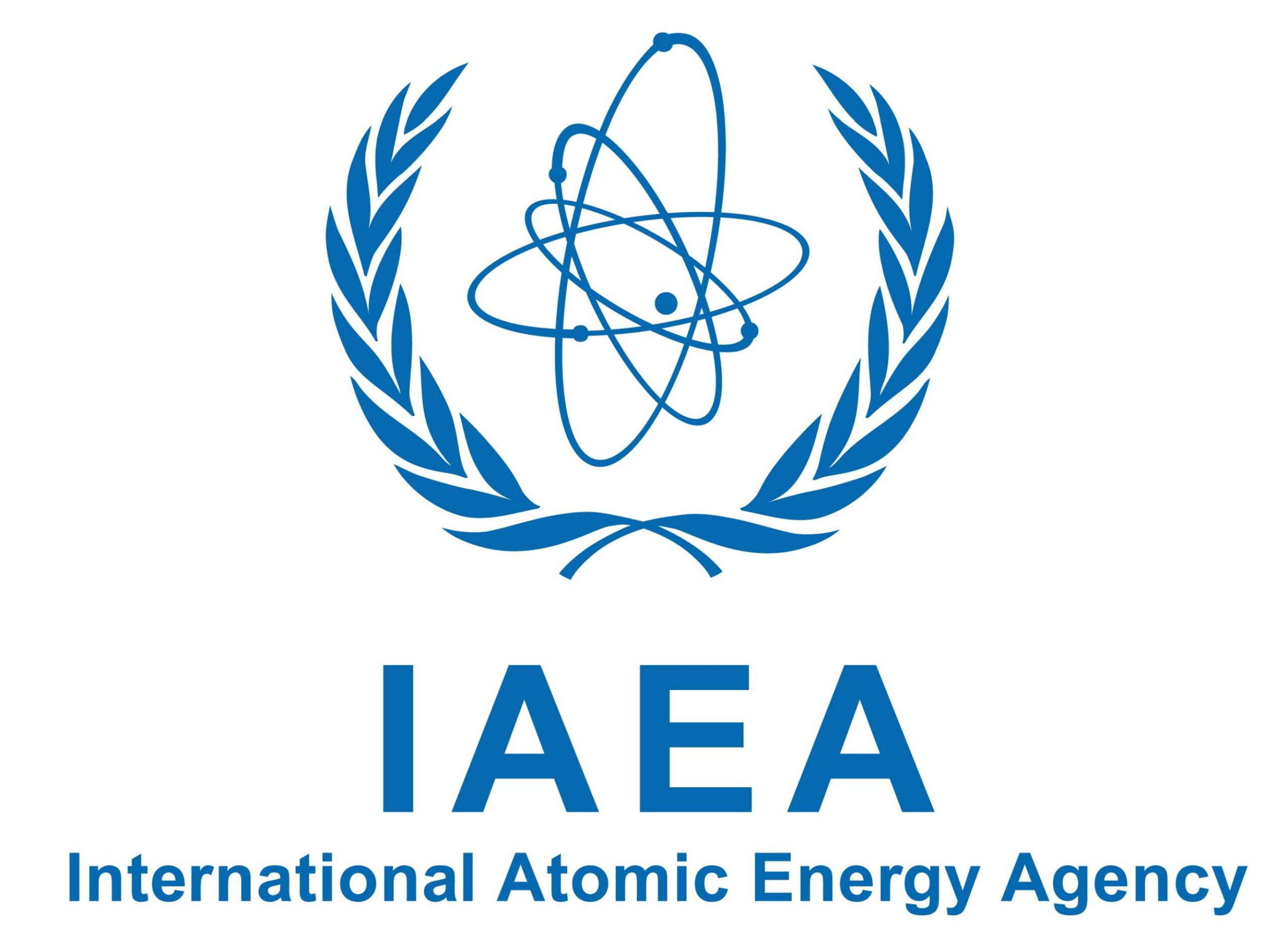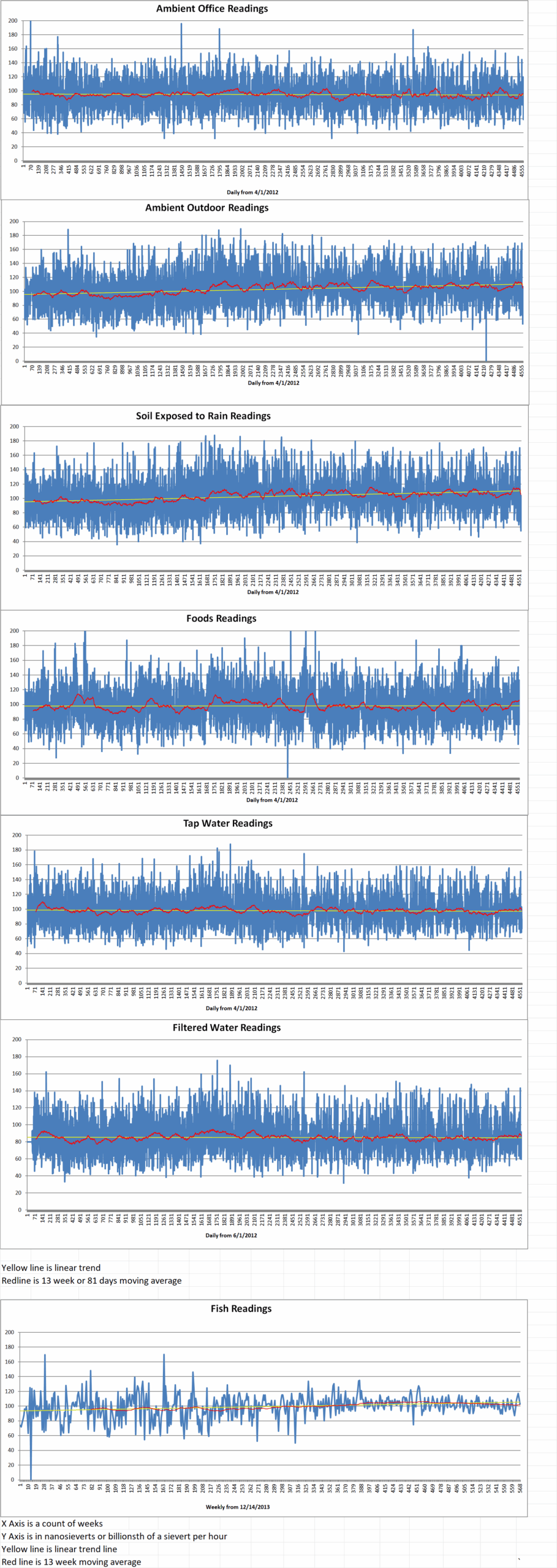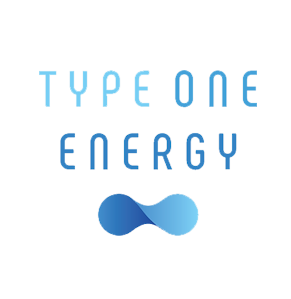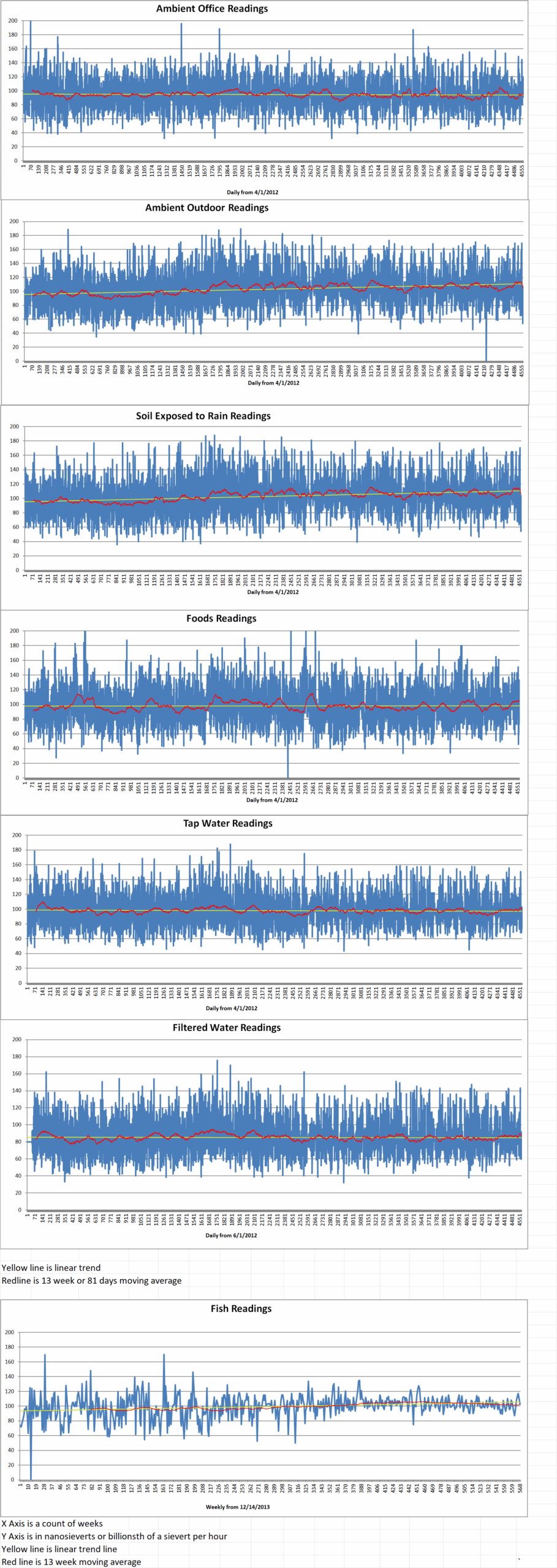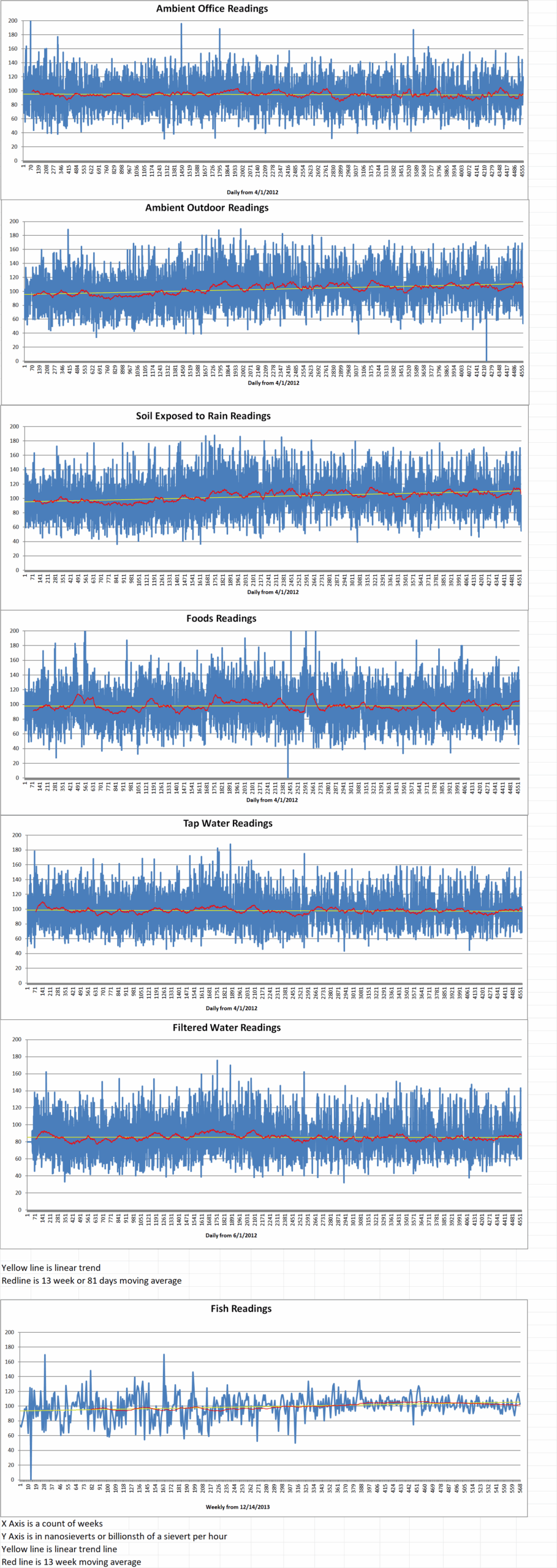A top global nuclear body has launched a new program to assemble, validate, and distribute data on tungsten impurity processes in fusion plasmas. The International Atomic Energy Agency’s (IAEA) new five-year Coordinated Research Project (CRP F43028) could assist in the advancement of nuclear fusion energy development.
There are plans to use tungsten as a wall material in next-generation fusion devices (even in ITER) because it offers favorable thermal and mechanical properties for future fusion reactors.
However, there are speculations among researchers that interactions between plasma particles and tungsten walls can lead to erosion. Such erosion can release tungsten impurities into the plasma.
The IAEA emphasized that these impurities in the plasma core can severely impact stability and performance by increasing radiative energy losses and triggering disruptive instabilities. The new project would work on understanding the behavior of tungsten ions in fusion plasmas to reduce risks.
IAEA has also revealed that critical uncertainties remain in the interaction processes of tungsten with plasma fuel particles in the one to ten kilovolts energy range because discrepancies persist between theory and experiments. In addition, processes involving neutral atoms or protons interacting with low-charge tungsten ions require further study to improve predictive models.
This project is expected to provide evaluated experimental and computational data on tungsten ion properties under fusion-relevant plasma situations. The results of this research will directly support the operation of future fusion reactors using tungsten-based plasma-facing components.
The project will assess and verify the ionization cross-sections and rate coefficients from metastable values of tungsten’s first ionization stages. It will also investigate the collisional interactions of neutral atoms and protons with tungsten ions.
The research will also experimentally assess the low and medium ionization stages of tungsten in the unresolved transition array (UTA) and quasi-continuum (QC) regions. UTAs are a method of approximating complex atomic physics in plasma opacity calculations, and as such are very important in modern plasma dynamic simulations. With the goal of modeling an atomistic system without explicitly treating every atom in the problem, QCs provides a framework whereby degrees of freedom are judiciously eliminated, and force/energy calculations are expedited.
Multiple studies have also found that tungsten-based materials are considered to be one of the most promising plasma-facing materials, but there are still many problems in practical applications.
In previous work, researchers have stressed that plasma-facing materials are subjected to the multi-field coupling effect of thermal shock and multiple radiations, which requires tungsten-based materials to have not just good mechanical properties but also a certain resistance to irradiation.
There have also been claims that the utilization of tungsten fiber reinforced tungsten (Wf /W) could broaden the operation temperature window of tungsten significantly. It could also mitigate problems of deep cracking occurring typically in cyclic high heat flux loading. This is especially crucial when considering material degradation from neutron-induced transmutation and embrittlement.
Designed to mitigate tungsten’s brittleness, tungsten fiber-reinforced tungsten (Wf/W) composites incorporate tungsten fibers into a tungsten matrix. The approach aims to achieve pseudo-ductile behavior which means that the material can withstand deformation and cracking without losing its load-bearing capacity, even at room temperature.

